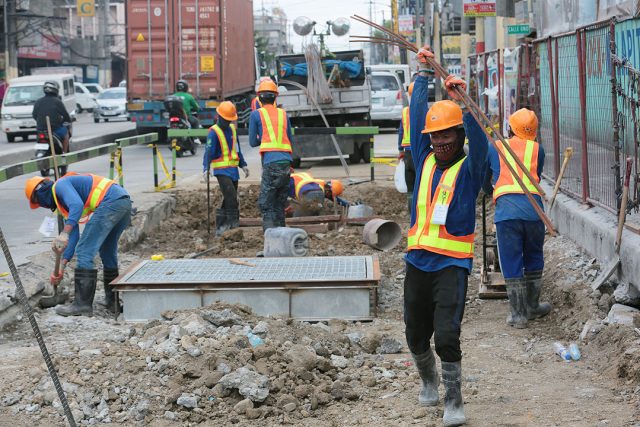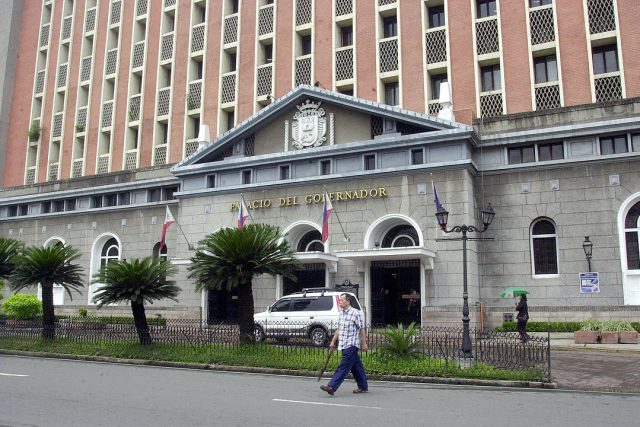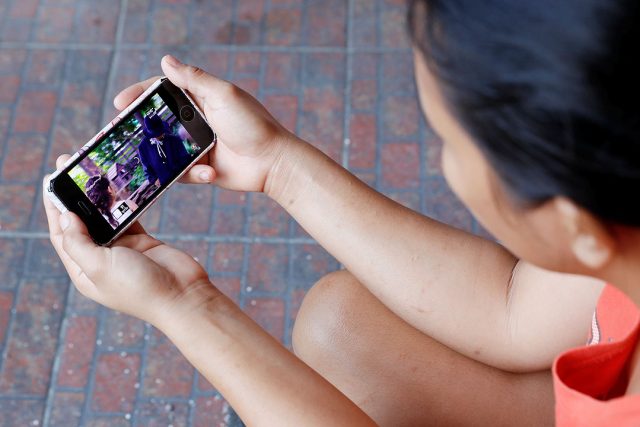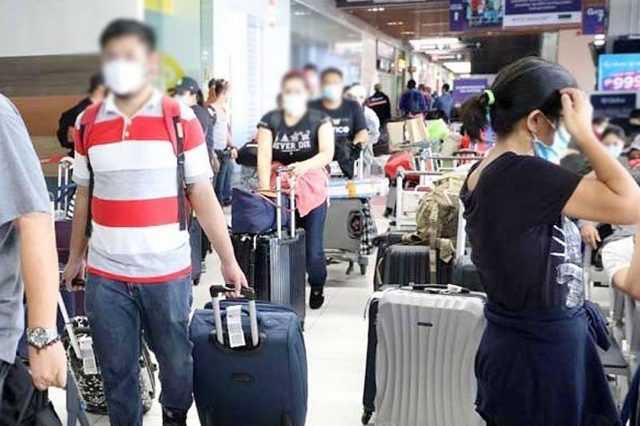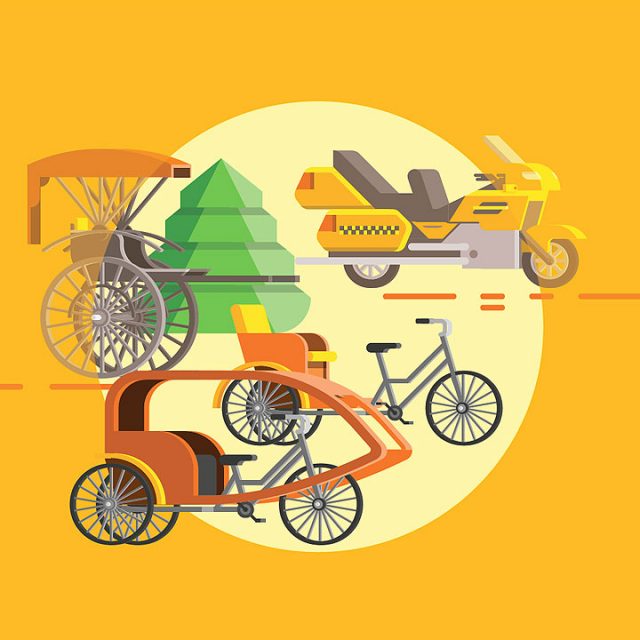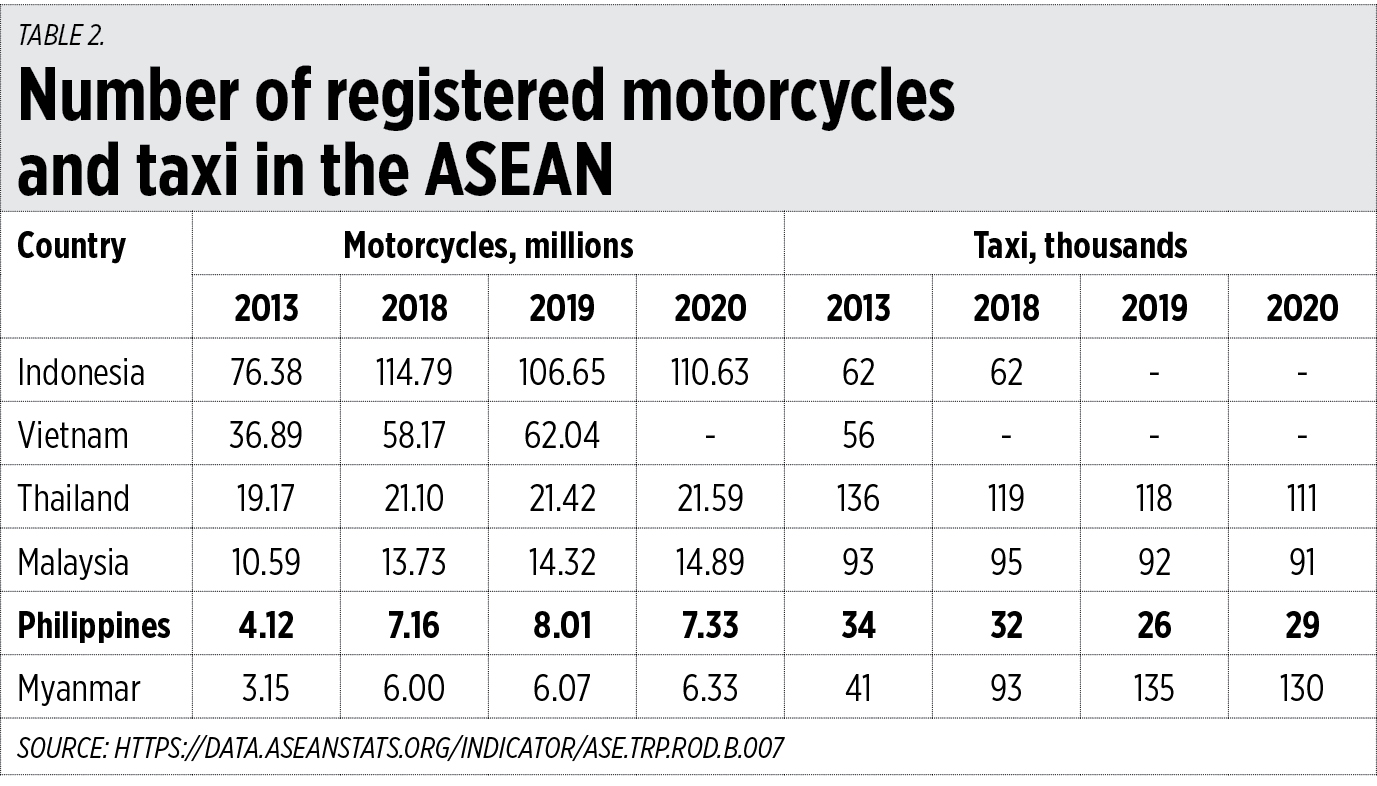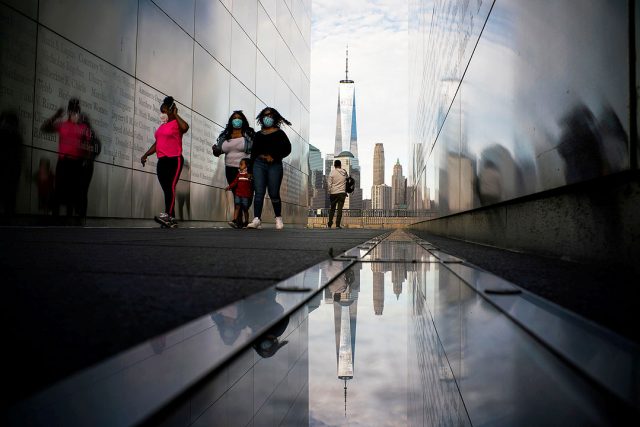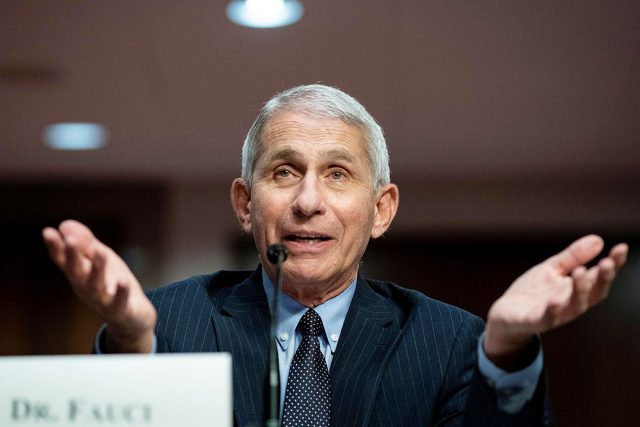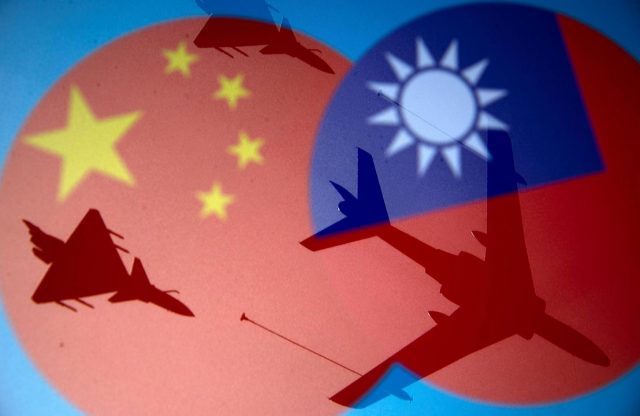THE COVID years are littered with predictions that didn’t work out. For anyone looking ahead into 2022, that should be enough to give pause.
Most forecasters, including Bloomberg Economics, have as their base case a robust recovery with cooling prices and a shift away from emergency monetary-policy settings. What could go wrong? Plenty.
Omicron, sticky inflation, Fed lift-off, China’s Evergrande slump, Taiwan, a run on emerging markets, hard Brexit, a fresh euro crisis, and rising food prices in a tinder-box Middle East — all these feature in a rogues’ gallery of risks.
Some things might go better than expected too, of course. Governments may decide to keep fiscal support in place. China’s latest Five Year Plan could catalyze stronger investment. Pandemic savings might fund a global spending splurge.
Bloomberg Economics has built a new tool to model global economic risks. We used it to stress-test the world economy in 2022.

OMICRON
It’s early for a definite verdict on the omicron variant of COVID-19. Apparently more contagious than its predecessors, it may prove less deadly too. That would help the world get back to something like pre-pandemic normal — which means spending more money on services. Lockdowns and COVID caution have kept people out of gyms or restaurants, for example, and encouraged them to buy more stuff instead. A rebalancing of spending could boost global growth to 5.1% from the Bloomberg Economics base forecast of 4.7%.
But we may not get that lucky. A more contagious and deadly variant would drag on economies. Even a three-month return to the toughest 2021 restrictions — countries like the UK have already moved in that direction — could see 2022 growth slow to 4.2%.
In that scenario, demand would be weaker and the world’s supply problems would likely persist, with workers kept out of labor markets and further logistics snarl-ups. Already this month, the Chinese city of Ningbo — home to one of the world’s busiest ports— has seen fresh lockdowns.
INFLATION THREAT
At the start of 2021, the US was forecast to end the year with 2% inflation. Instead, it’s close to 7%. In 2022, once again, the consensus expects inflation to end the year close to target levels. Another major miss is possible.
Omicron is just one potential cause. Wages, already rising at a rapid clip in the US, could climb higher. Tensions between Russia and Ukraine could send gas prices surging. With climate change bringing more disruptive weather events, food prices may continue to rise.
Not all the risks are in the same direction. A new wave of the virus could hit travel for example — dragging down oil prices. Even so, the combined impact could still be a stagflationary shock that leaves the Fed and other central banks with no easy answers.
FED RATE HIKES
Recent history, from the taper tantrum of 2013 to 2018’s stocks selloff, shows how a tightening Fed spells trouble for markets.
Adding to risks this time around are already-elevated asset prices. The S&P 500 Index is near bubble territory, and home prices accelerating away from rents suggest housing-market risks are bigger than at any time since the sub-prime crisis back in 2007.
Bloomberg Economics modeled what happens if the Fed delivered three hikes in 2022 and signaled it would keep going until rates reach 2.5%, pushing Treasury yields up and credit spreads wider. The result: a recession at the start of 2023.
FED LIFTOFF AND EMERGING MARKETS
Fed liftoff could mean a crash landing for emerging markets. Higher US rates typically boost the dollar and trigger capital outflows — and sometimes currency crises — in developing economies.
Some are more vulnerable than others. In 2013 and 2018 it was Argentina, South Africa and Turkey that suffered most. Add on Brazil and Egypt — call them the BEASTs — to get the list of five at-risk economies in 2022, based on a range of measures compiled by Bloomberg Economics.
Saudi Arabia, Russia and Taiwan, with little debt and strong current-account balances, appear least exposed to capital flight in the emerging world.
CHINA
In the third quarter of 2021, China’s economy ground to a halt. The accumulated weight of the Evergrande real estate slump, repeated Covid lockdowns and energy shortages dragged annualized economic growth down to 0.8% — way below the 6% pace to which the world has become accustomed.
While the energy crunch should ease in 2022, the other two problems may not. Beijing’s zero-Covid strategy could mean omicron lockdowns. And with demand weak and financing constrained, property construction — which drives about 25% of China’s economy — may have further to fall.
Bloomberg Economics’ base case is for China to grow 5.7% in 2022. A slowdown to 3% would send ripples around the world, leaving commodity exporters short of buyers and potentially derailing the Fed’s plans, just like the Chinese stocks crash did in 2015.
POLITICAL TURMOIL
Solidarity among leaders who back the European project, and European Central Bank (ECB) activism to keep government borrowing costs under control, helped Europe weather the COVID crisis. In the year ahead, both could fade.
A fight over the Italian presidency in January could upend the fragile coalition in Rome. France heads to the polls in April with President Emmanuel Macron facing challenges from the right. If euro-skeptics gain power in the bloc’s key economies, it could shatter the calm on European bond markets and deprive the ECB of the political support required to respond.
Say that sovereign spreads widen by 300 basis points, like they did in last decade’s debt crisis. Bloomberg Economics model shows that could chop more than 4 percent from economic output by the end of 2022, sending the euro area into recession and reviving concerns about its viability.
BREXIT IMPACT
Negotiations between the UK and EU over the Northern Ireland Protocol — a doomed attempt to square the circle of an open land border and closed customs union — are set to rumble on into 2022. Getting to yes will be tough.
What happens if negotiations break down? Based on past Brexit flare-ups, the uncertainty would hit business investment and undermine the pound, boosting inflation and eroding real incomes. In a full-on trade war, tariffs and transportation logjams could push prices even higher.
FISCAL POLICY
Governments spent heavily to support workers and businesses in the pandemic. Many now want to tighten their belts. The pull-back of public spending in 2022 will amount to some 2.5% of global gross domestic product (GDP), about five times bigger than austerity measures that slowed recoveries after the 2008 crisis, according to UBS estimates.
There are exceptions. Japan’s new government has announced another record stimulus and China’s authorities have signaled a shift to supporting the economy after a long stretch of holding the purse strings tight.
In the US, fiscal policy swung from boosting the economy to slowing it in the second quarter of 2021, according to the Brookings Institution. That’s set to continue next year, though President Joseph R. Biden’s child-care and clean-energy investment plans will limit the drag if they make it through Congress.
FOOD PRICES AND UNREST
Hunger is a historic driver of social unrest. A combination of COVID effects and bad weather has pushed world food prices near record highs, and could keep them elevated next year.
The last food-price shock in 2011 triggered a wave of popular protests, especially in the Middle East. Many countries in the region remain exposed.
POLITICS
Any escalation between mainland China and Taiwan, from blockade to outright invasion, could draw in other world powers — including the US.
A superpower war is the worst case, but scenarios short of that include sanctions that would freeze ties between the world’s two biggest economies, and a collapse in Taiwan’s production of the semiconductors that are crucial to global output of everything from smartphones to cars.
WHAT COULD GO RIGHT?
Not every risk is to the downside. US budget policy, for example, could remain more expansionary than appears likely right now — keeping the economy away from the brink of the fiscal cliff, and boosting growth.
Globally, households are sitting on trillions of dollars of excess savings, thanks to pandemic stimulus and enforced frugality during lockdown. If that gets spent faster than expected, growth would accelerate.
In China, investments in green energy and affordable housing, already slated in the country’s 14th Five Year Plan, could amp up investment. Asia’s new trade deal, the Regional Comprehensive Economic Partnership — which encompasses 2.3 billion people and 30% of global GDP — could boost exports.
In 2020, pandemic economies were worse than pretty much any economist had forecast. But that wasn’t true in 2021: in many countries, recoveries were surprisingly rapid. That’s a useful reminder that some things could go right next year, too. — Bloomberg

